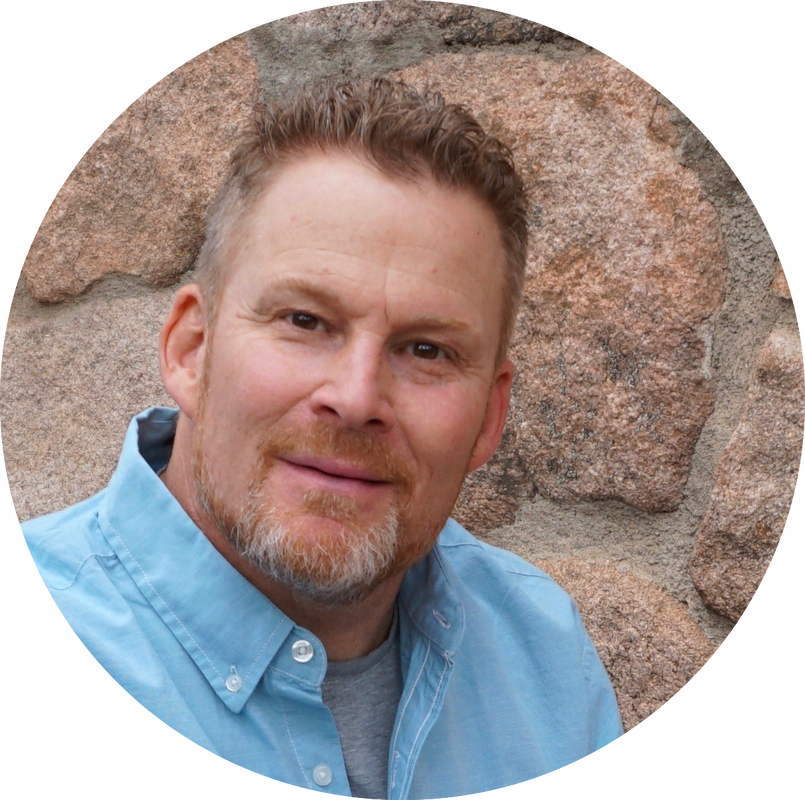|
(About a 7-minute read. The first volume in this 'Skills and Abilities' series is a slightly updated version of an interview I had with John Losey in 2017 - still relevant today. It was originally posted at the FUNdoing blog. We are moving theoretical posts to OnTeamBuilding to organize content.)
After introduction material for John's Growing People Podcast, he dove right into his main question: What are a few vital skills and abilities good facilitators possess?
Don't Take Things Personally In my opinion, the most important ability of a team building educator is referenced by don Miguel Ruiz in, The Four Agreements: A Toltec Wisdom Book - Don't take anything personally.* As a young educator (back in the day), this was not easy - I did take things very personally. I was just trying to help, after all! Luckily, during my first (real) Adventure Education job my new mentor told me that taking things personally - especially when working with at-risk youth, young people struggling to fit in - influences our decision making. They're going to project, they're going to blame me, they're going to make me the bad guy for 'making' them do things [pushing them out of their comfort zone] they don't want to do. Yes, I chose to feel horrible. My mentor noticed I was avoiding learning opportunities, not pushing enough. I was avoiding my own discomfort. I was avoiding the hard work that goes into behavior change. Our job, he said, was to get the kids to do that difficult stuff, to get mad at us, to blame us. Then we could help them understand there are other choices, other ways to respond to discomfort. My mentor's feedback, that moment of learning for me, was very important. It stuck. Not right away, but slowly over time I got better and better at doing the hard work, avoiding my personal suffering. As we dive into team building [and team development], to really help our participants/students to know and 'get' what they have asked us to learn, we need to be able to create experiences where discomfort is going to show up [this is our job!]. Participants may lash out at us. And yes, it's not pleasant. There is a physiological response - we get knotted up inside. It throws us off our game if we let it. So, the practiced ability is to not take it personally. Here's an analogy I use to make the point: As educators we are tasked (hired) to provide our groups with a rollercoaster ride [this, of course, does depend on the kind of program a group is looking for]. We are the operators, we don't get on the ride. We are skilled in setting up the ride, buckling them in, and sending them on their way. This ability to separate ourselves from the group's experiences is not easy, but a vital ability. Maintaining objectivity (disconnection) is essential to noticing the behaviors that arise in our groups and then helping them to discover and internalize their learnings.
Concepts and Behaviors
Another ability, or maybe even more of a skill, is for team building educators to understand the difference between a concept and a behavior. For example, concepts tend to be the typical objectives we get from our clients. They want to work out their challenges with teamwork, communication, trust and/or leadership (to name a few). Specifically, they will tell us they have a hard time communicating with each other, or there is a lack of communication, or they are not listening to each other which is leading to misunderstanding. There is some sort of communication issue. Communication is a concept. What I call a BIG word. To change, or help mitigate a problem concept, we need to identify the behaviors that make up the concept. Here's the analogy I like to use for this idea: Let's grab a jar of peanut butter. It says PEANUT BUTTER real big on the label. This equates to a concept. It's the name for all the stuff inside the jar - peanuts, sugar, salt, preservatives, etc. In our analogy, the 'stuff' equates to behaviors, the things that make up peanut butter. So, if a client wants us to work on improving communication, we need to identify the behaviors involved (the stuff) in communication like intonation, body language, eye contact, turn-taking, repeating what was heard (in active listening), use of words and how many words used, along with the kinds of words used. Identification of behaviors could be done during the pre-assessment (in some cases) or behaviors can be discovered during the program itself. Behaviors are things we can see and hear. When we can point out behaviors within a group, get them to see what they are doing and hear what they saying, we can help them change what isn't working and practice what is. Understanding the behaviors within a concept also helps us choose (plan) activities we know will bring up these behaviors. When we're asked to work on improving communication, we'll choose the activities we know that involve communication between participants. For example, I'll have my group line up alphabetically using verbal communication versus asking them to line up without talking. I'll require five minutes of planning before an activity instead of letting them jump right into it - I'm 'forcing' some communication so we can process how it goes. Ultimately, if participants can learn how to see the behaviors within their group and not just say, "We don't communicate well," they can help each other change the specific behaviors that are not working for them. In my experience it's often just one behavior that needs to change in order to reach the outcome desired.
Asking Tough Questions
Being comfortable (and appropriate) asking tough questions is another important skill and ability of a team building educator. It goes back to not taking things personally. When an educator is ready and willing to work with the resistance that may occur, powerful learning can take place from tough questions. When we're asking questions, we're processing experiences. When I train team builders, I encourage them to find a processing method they are comfortable with - one that can include tough questions. (For example, "I noticed one person in the group did most of the talking throughout the activity, how did this influence the participation of others in the group?") We train on some methods, for example the, What? So What? Now What? and Open to Outcome models. We practice a bit, work on other techniques, and reference even more. I always emphasize that getting comfortable with processing (and asking tough questions) takes time, it's an art. Observe other educators asking questions, get feedback on your processing from experienced team builders, dive into books and online resources for ideas. Mistakes will be made; we'll learn from them and promise to do better next time. Tough questions don't have to be bad experiences with groups when they are woven into a program with positive intent. On that note, it’s important to find out (e.g., pre-assessment) how 'deep' a group wants to go during a program. Don't take them down a path they are not willing to travel. Bringing up tough questions during a team development program is more common than asking tough questions during a team bonding program. Find out how much work a group is willing to put in and temper your questions to their desired outcomes.
The most important thing to remember is if you're willing to put in the time and effort at developing your skills and abilities as a team building educator, improvement is bound to take place. Be patient. Anything worth attaining takes time.
* The other three agreements shared by Ruiz (very relevant to good educators): Be Implacable with Your Word; Don't Make Assumptions; Always Do Your Best. All the best, Chris Cavert, Ed.D.
0 Comments
Your comment will be posted after it is approved.
Leave a Reply. |
OnTeamBuilding is a forum for like-minded people to share ideas and experiences related to team building. FREE Team Building
Activity Resources OTB FacilitatorDr. Chris Cavert is an educator, author and trainer. His passion is helping team builders learn and grow. Archives
January 2024
|



 RSS Feed
RSS Feed